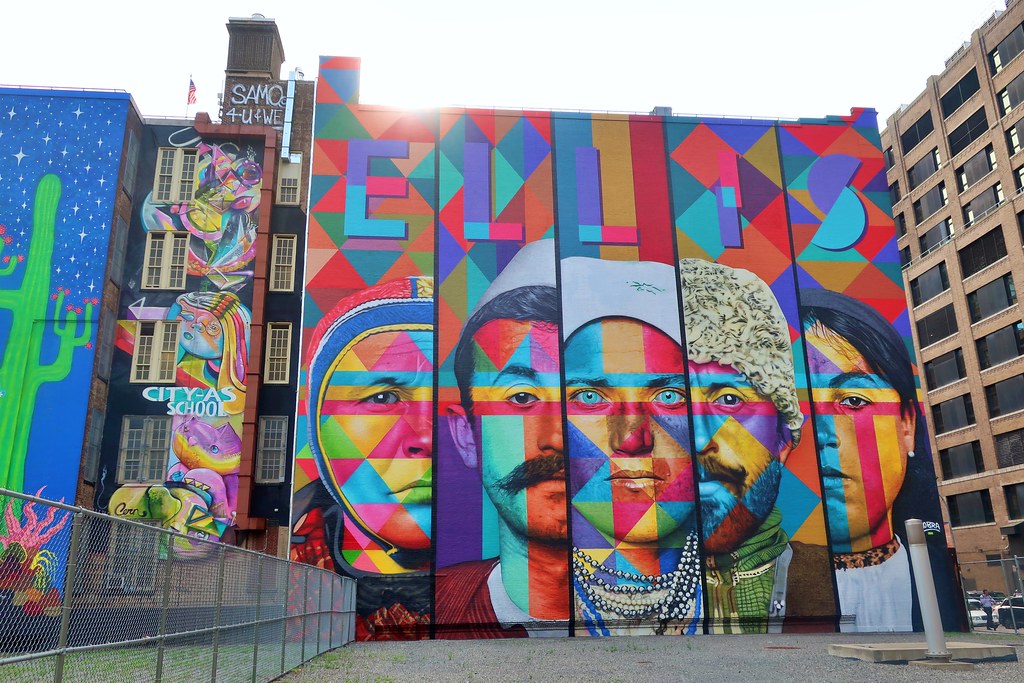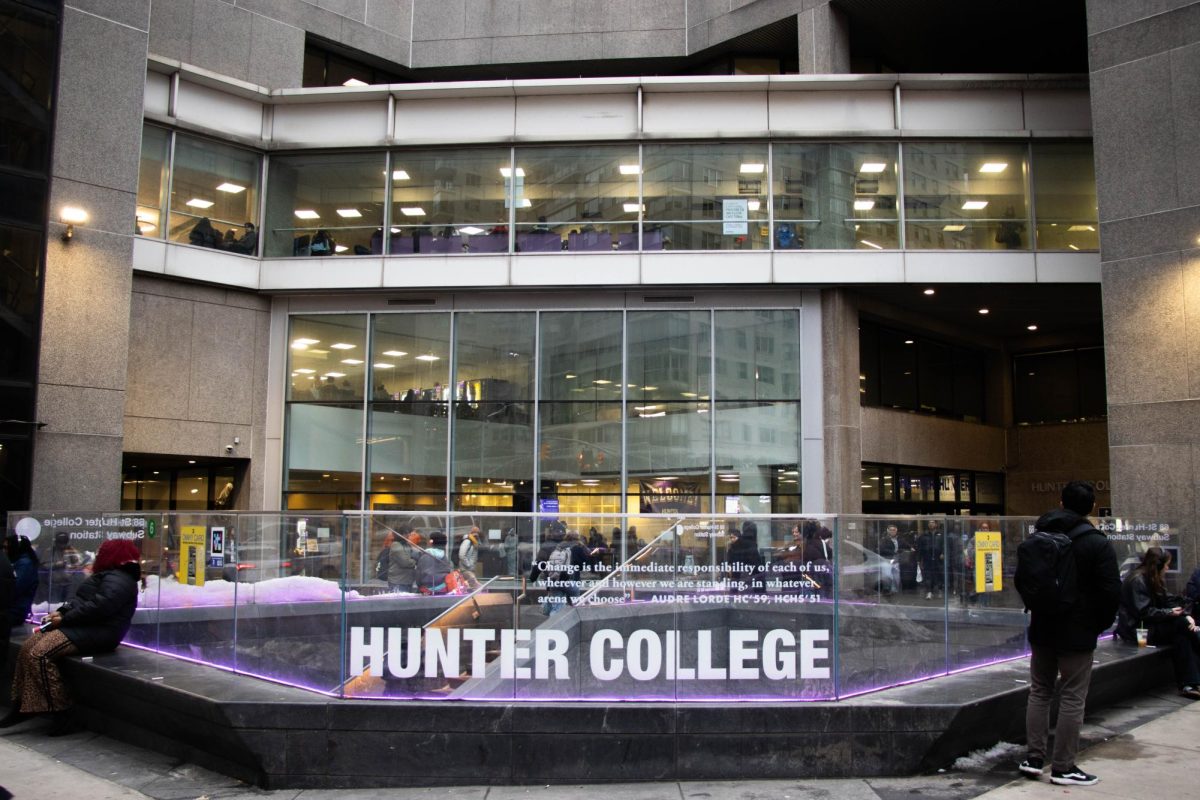China has received global criticism over its alleged persecution of the Uighurs, a Muslim minority group that resides in the northwestern province of Xinjiang.
According to the Council on Foreign Relations, it was reported that 2 million Uighur Muslims have been forced and arbitrarily detained in more than 85 identified internment camps within Xinjiang since April 2017.
The Chinese government’s practices are a clear violation of international human rights and thus are unethical, as has been in question by other nations.
Reports from Xinjiang have documented a pattern of abuse against Uighur Muslims, such as political imprisonment, torture and disappearance. Mosques are immediately closed and the Uighur language is banned from use in universities.
Furthermore, the Chinese government and the Communist Party are officially recognized as an atheist regime. While China prohibits certain forms of religious expression, religion is not banned, though it is constantly supervised under the Chinese constitution.
Uighur Muslims continue to be the only religious population in China consistently subjected to executions for political crimes and these executions are often both immediate and public.
The Uighurs’ desire for autonomy and cultural survival has been suppressed by the state’s efforts to increase the alienation of their population.
Since 2015, it is estimated that over a million Uighurs have been arbitrarily detained in Xinjiang internment camps under General Secretary Xi Jinping’s administration, according to Human Rights Watch.
The goal of these camps is to ensure adherence to Chinese Communist Party ideology and for the Uighurs to renounce their religious beliefs.
Uighur women have spoken out and claimed they were forcibly sterilized and fitted with contraceptive devices. Also, Uighurs are subjected to psychological torture and held in the camps indefinitely.
The Chinese government has justified these “re-education camps” by stating they are combating religious “extremism” and “terrorist activities.” However, the aggressive countermeasures they have implemented has created an unsafe environment for Uighur Muslims.
Although some countries condemned China’s actions toward the Uighur Muslims, other countries have supported China’s state persecution of Muslims.
More than three dozen countries signed their own letter in 2019 praising China’s “remarkable achievements” in human rights and its “counterterrorism” efforts in Xinjiang.
Along with this, many Muslim-majority nations have stayed silent because they prioritize their economic ties with China.
These countries are trying to maintain their business relationships to boost their economy, although China’s state persecution of Uighurs goes against the United Nations’ Universal Declaration of Human Rights, which China is a signatory to.
The Universal Declaration of Human Rights is a document adopted by the U.N. that outlines fundamental human rights. Article two of the document states that everyone is entitled to freedoms regarding race, language, religion and political and other social identities.
China has neglected this right and is not adhering to the document.
It is targeting Uighur Muslims and forcibly stripping their identities through physical and psychological abuse as a form of submission to the state. They are being detained, beaten and taught that their identity is a crime.
Imagine being in a country where an individual’s identity, ethnicity or religion is a crime. This is the reality for Uighur Muslims in China.
The People’s Republic of China is a non-inclusive society where ethnic issues are considered sensitive. This makes research difficult to conduct in China.
Muslims in China, particularly Uighur Muslims, face discrimination in both the cultural and political spheres, in government policies and public discourse.
Social media platforms in China have empowered Han nationalism, which casts a shadow on marginalized and oppressed groups in China.
The Chinese government is aware of the power of social media and has been vigilant in censoring and policing it.
This has been the only channel for Muslims to speak out in the public arena. As a result, Islam will continue to be misunderstood in China.
The Chinese government will continue to falsely associate Islam with terrorism and use phrases such as “radical Islam” and “Islamic extremism.”
The global Muslim community condemns the use of such terms and agrees that Islam does not condone terrorism and, in turn, these words will further perpetuate negative attitudes toward Muslims and Islam.
As a result, Chinese Muslims will continue to be treated as second-class citizens by the Han majority.
There needs to be a large gathering of ethnic and religious minorities in China to create a collective identity and bring about social change.
Human rights organizations such as the Human Rights Watch and Amnesty International have stated that expertise on the region is scarce. Activists agree that there needs to be support from more Uighur-run human rights organizations, otherwise little information from Xinjiang will see the light of day.
What is taking place in China needs to be accurately told.








Carol Cooper • Feb 5, 2021 at 4:51 pm
Well written. Persecution of ethnic and cultural minorities is a perennial global problem. As long as the governmental policies and structures of nationalism continue to assume (and coerce) homogeneity of thought and behavior among native populations, minorities will be pressured to conform to the dominant culture. In the USA, the children of indigenous natives were taken away from their parents and “re-educated” to erase their original languages, customs, dress, and religion. Supposedly this was to make them better “American citizens.” (This is similar to what happens today to certain ethnic minorities in China and Myanmar.) After all, “nations” are imaginary lines drawn on a map of the world that pretend to be material boundaries. Humanity went over time from a system of medieval “kingdoms” with colonies, to the modern concept of “sovereign nations” with adjacent or foreign spheres of influence. Yet neither governmental construct is objectively, authentically “real” in the way that land and people are real.